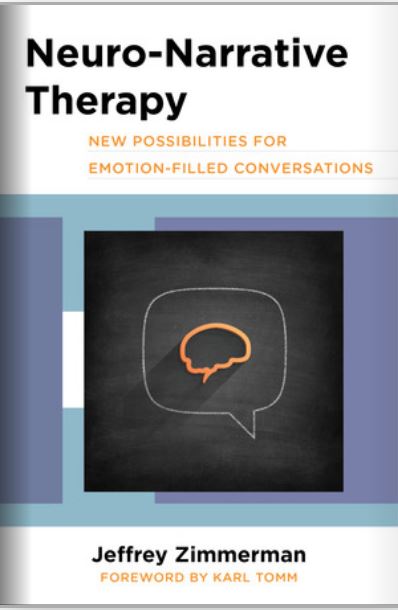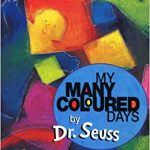Bringing interpersonal neurobiology and narrative therapy together.
Narrative therapy understands storytelling as the way we make sense of ourselves and life experience. Many non-narrative therapists have expressed great admiration and interests in the politics the work exposes, the way it brings in the socio-political context, and the way it centers clients. Yet despite its popularity and success as a useful therapeutic approach, Narrative Therapy has been criticized as minimizing and failing to develop any extended discussion of something vital to our lives: emotion.
Neuro-Narrative Therapy attempts to redress this problem by taking us first through standard Narrative practices, and then showing how and where affect can be brought in and even privileged in the work.
After situating the evolution of Narrative Therapy in its historical context, the book provides information about why emotions should be given an important place in the work. Specifically, it brings ideas and implications of some of the most exciting and novel theories—interpersonal neurobiology and affective neuroscience—to the practice of Narrative Therapy.
Readers will learn about the growing emphasis on the right brain, and how an understanding of the ways in which emotion and affect are manifested by the brain can help us help our clients. The possibilities for this new approach are many: a freer discussion of the emotional side of your clients; an understanding and sensitivity to the relation of body and mind; attention to how the therapeutic relationship of our clients can become a resource in treatment and a renewed understanding of how our memories—and thus our stories about our lives—develop in early childhood and beyond.
For any therapist working in the area of Narrative Therapy, and for any interested in the emerging understandings that science is bringing to appreciating how our brains develop with and among each other, this book has something to offer. Combining the neuro- and the narrative, as Jeffrey Zimmerman has done here, will create a new direction in Narrative Therapy, one in which our brain and body work together, inviting a more direct and effective engagement with clients.
Contents:
- Acknowledgments
- Foreword by Karl Tomm
- Preface
- 1. Toward a Neuro-Narrative Therapy: Histories of the Present Revisited
- 2. Possibilities in Neuro-Narrative Therapy: Preview and Backstory
- 3. The Importance of Affect in Narrative Therapy
- 4. Body/Mindfulness Practices in Narrative Therapy
- 5. Right- Brain to Right- Brain Communication in Narrative Therapy
- 6. Nonconscious Influences in Narrative Therapy
- Coda: Pathways of Power: Questions for Jeff From the Iron Throne
- Afterword
- References
- Index
Author Bio:
Jeffrey Zimmerman, PhD, is Director of Bay Area Family Therapy Training Associates. He was the first to bring interpersonal neurobiology into Narrative …
Review:
“Zimmerman’s ideas in this book on Neuro-Narrative therapy profoundly influenced my work as a Narrative consultant and coach in the organizational field. These ideas and practices have transformed my way of working with and training of narrative ideas to include significant moments that honor our embodied knowledge and invite affect as a participant in the room with us” – Chené Swart, South African narrative consultant, coach, and author of Re-authoring the World.






